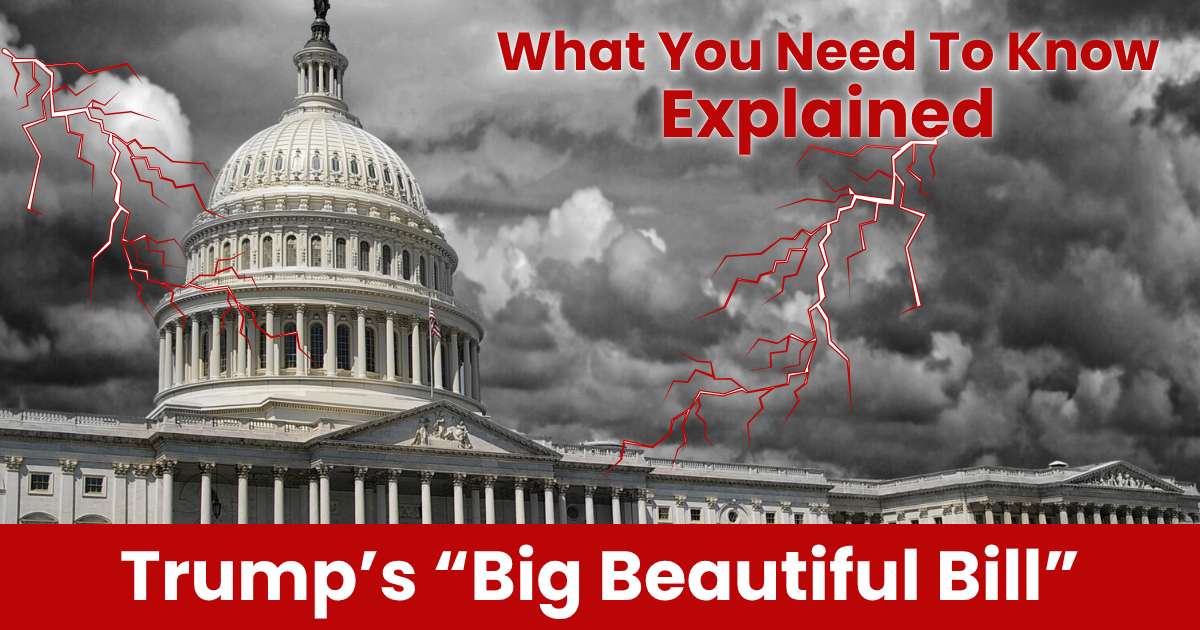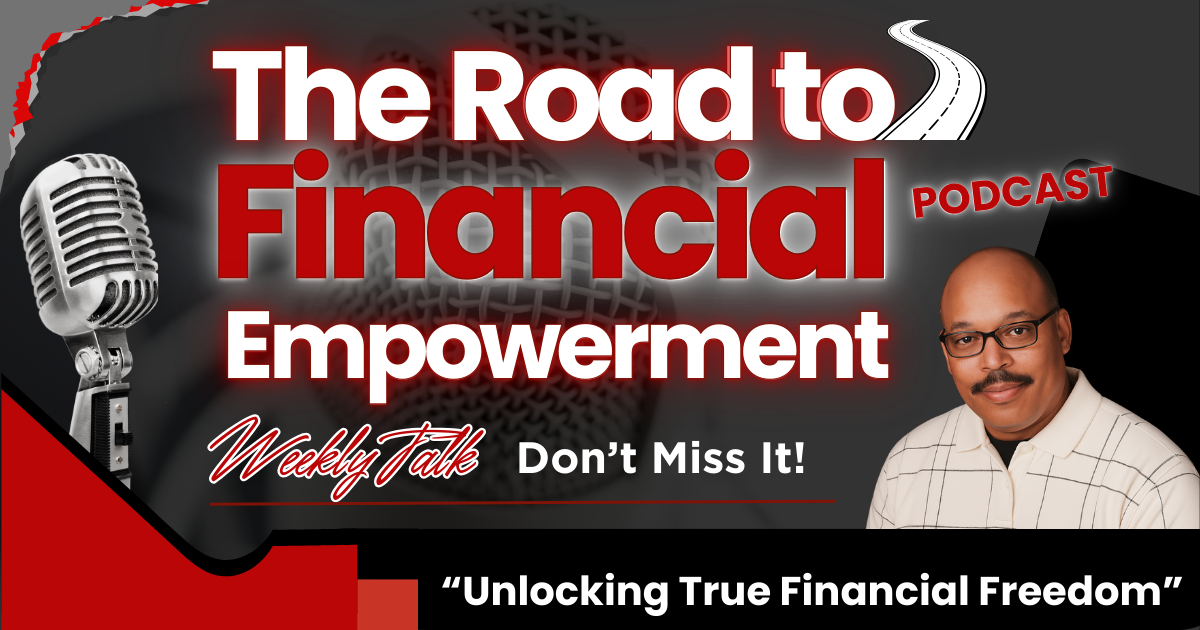8 Tips for Creating an Emergency Fund For A Rainy Day

8 Tips for Creating an Emergency Fund For A Rainy Day
Emergency funds are essential for financial health because they safeguard you against an uncertain financial future. Even if you're currently having financial troubles, you can still take positive steps toward creating a rainy day or emergency fund for your family.
An emergency fund will prevent a financial crisis from putting you into deep debt, and it'll help smooth out your budget.
Follow these useful strategies to create an emergency fund:
1. Start small. You don't need to have a lot of money to put away to fund an emergency account. Just start putting away anything you can spare, and you'll be well on your way to having a working emergency fund. Your emergency fund will grow as long as you make an effort to put money inconsistently.
• Strive to tuck away at least $10 to 20 per week into a separate bank account that you don't touch on a day-to-day basis.
2. Pay yourself first. Use an automatic deduction through your bank to take a small portion of your paycheck and add it to your savings account. When the money is deducted automatically, it's less "painful." This makes it even easier to put money toward your emergency fund as your primary goal.
3. Reduce your expenses. Take a hard look at how you're spending money and determine ways to reduce your current expenses. Take the amount you save and apply it directly toward your emergency fund.
• Temporarily cut out or lower unnecessary expenses, such as entertainment, gourmet coffee, or extended cable, and you'll have a sizable emergency fund to work within no time.
4. Round up your checkbook. When you write expenses into your checkbook, round them up to the nearest dollar no matter what they are. Even a cost of $10.01 can be rounded up to $11. At the end of the pay period, you'll have money left in your account from these "round-ups," which you can move into your emergency fund account.
5. Make payments to yourself. After you finish paying debt off, such as a car payment or a credit card bill, take whatever money you would typically put into that debt and put it into your savings account. Your budget won't take a hit, yet you'll be putting significant money into your emergency fund every month.
6. Stash bonuses and tax refunds. When you receive a bonus from work or a tax refund, stash this windfall directly in your emergency fund account. Out of sight, out of mind. Now you can put this money toward a better purpose - your emergency fund - rather than an impulse purchase that you may regret later.
7. Save your change. Make your purchases in cash whenever possible, and save the change. Stash it away until you have a substantial amount, then put it in your bank. The same can be done with $1 bills. Whenever you break a larger bill, just stash the ones away and turn them in when you have a substantial amount.
8. Have a garage sale. Sell items that you don't need, including stuff you've stored in the garage, extra electronics or even a rarely used car. If you have things in your life that you can live without, sell them and put the proceeds into your emergency fund.
This way, when an emergency comes up, you'll have the money that you need to protect what's most important to you.
The Bottom Line
It doesn't take much to begin an emergency fund, and every dollar counts. Take small steps toward building up a savings account, and it will pay off in the end. To be prepared financially in case of an emergency is one of the smartest moves you can make for yourself and your family.










